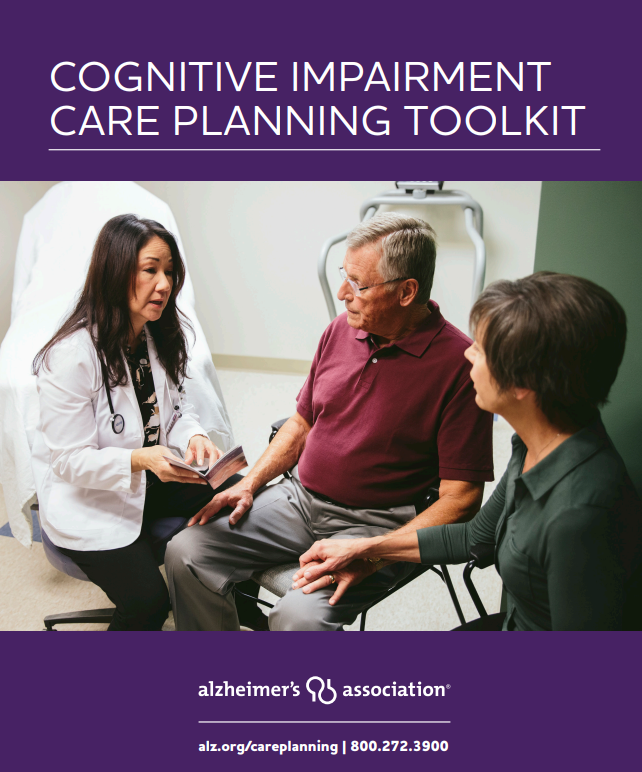[ad_1]
There are many times when a family member calls to share that a loved one was initially diagnosed with “Mild Cognitive Impairment” (MCI) but they are now facing some difficult situations and do not know what to do.
Usually a few years will pass and the behavior, thinking, or habits they are seeing in their loved one have changed and now they wonder “What can we do”?
I will start at the beginning and hope that many families had a discussion early on about what this means and how the individual diagnosed would like you to consider any progression in their condition.
Unfortunately, most individuals don’t recognize the changes but their loved ones do. I find some people easily accept and listen while others dismiss and debate.
There are many Aging Life Care Managers that can provide assistance in navigating these choices. In general, early on is when you want to have a discussion about:
- When might it not be safe to continue to drive?
- How much care am I expecting my spouse/partner/child to provide?
- Could the role of Caregiver create health issues for the person I am counting on to provide it?
- While most people want to stay in their home it can be an expensive choice as well as create other complications like socialization with others. Can you afford to stay at home? What kind of socialization (person visits and companionship) would make you happy? When might it no longer be safe to stay at home?
- What if I can’t manage my medication any longer? What are some options to consider?
- What if I become a victim of identity theft or fraud? Who and how can those around me help?
- What is most important to the individual if they progress into moderate and late-stage dementia.
There is much to consider. There is a document on the Alzheimer’s Association called “COGNITIVE IMPAIRMENT
CARE PLANNING TOOLKIT” which is written more for professionals, but is a helpful guidebook to navigating medical visits and planning.
It gives you more than you asked for, but is an excellent primer on the conditions, the land of diagnosis codes, as well as tools and questions to help you consider many of these matters.
IF you have already moved past this stage and are now in the land of “what can I do”, my next post will speak to that familiar landscape. Witnessed.
[ad_2]
Source_link


